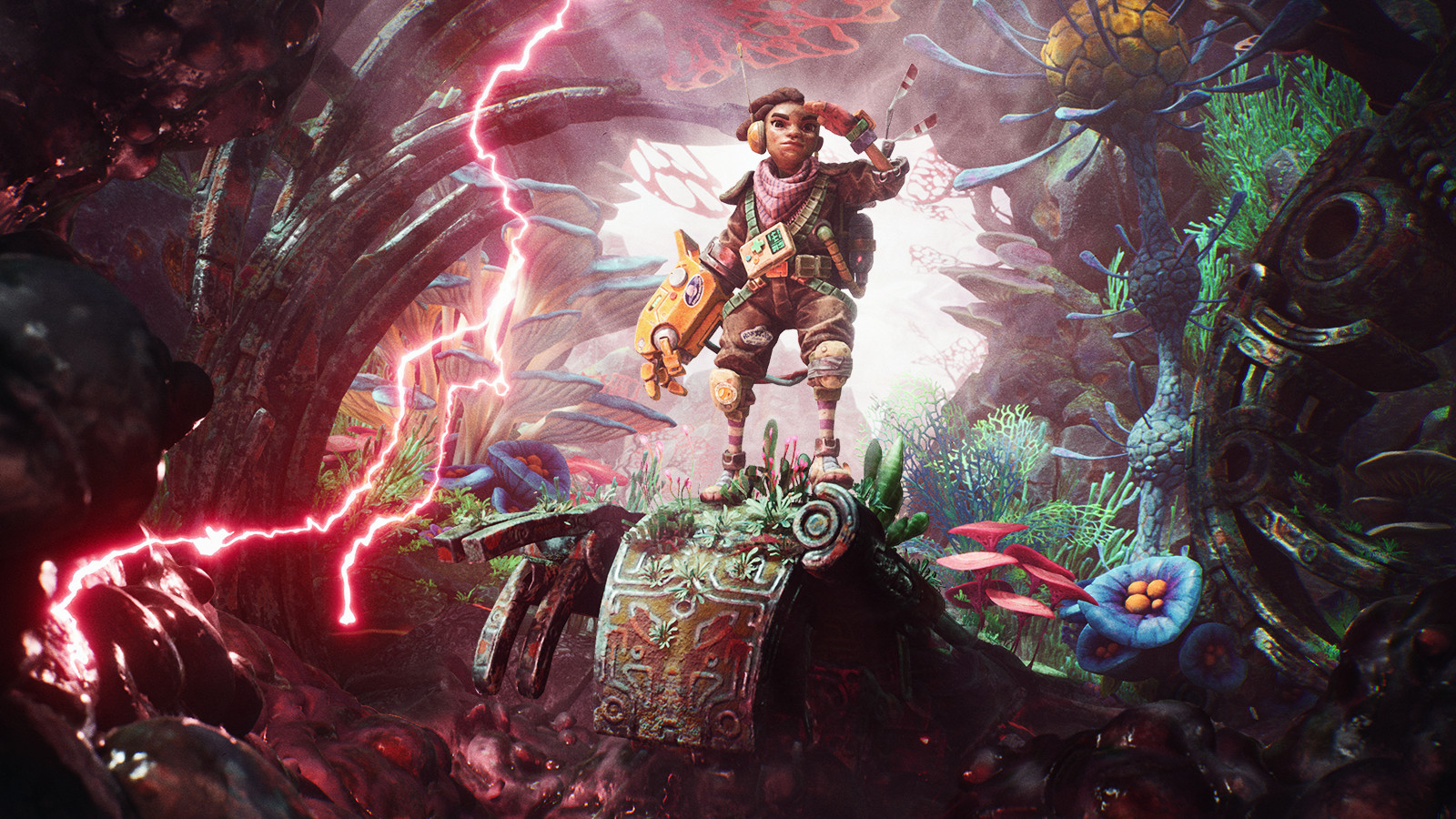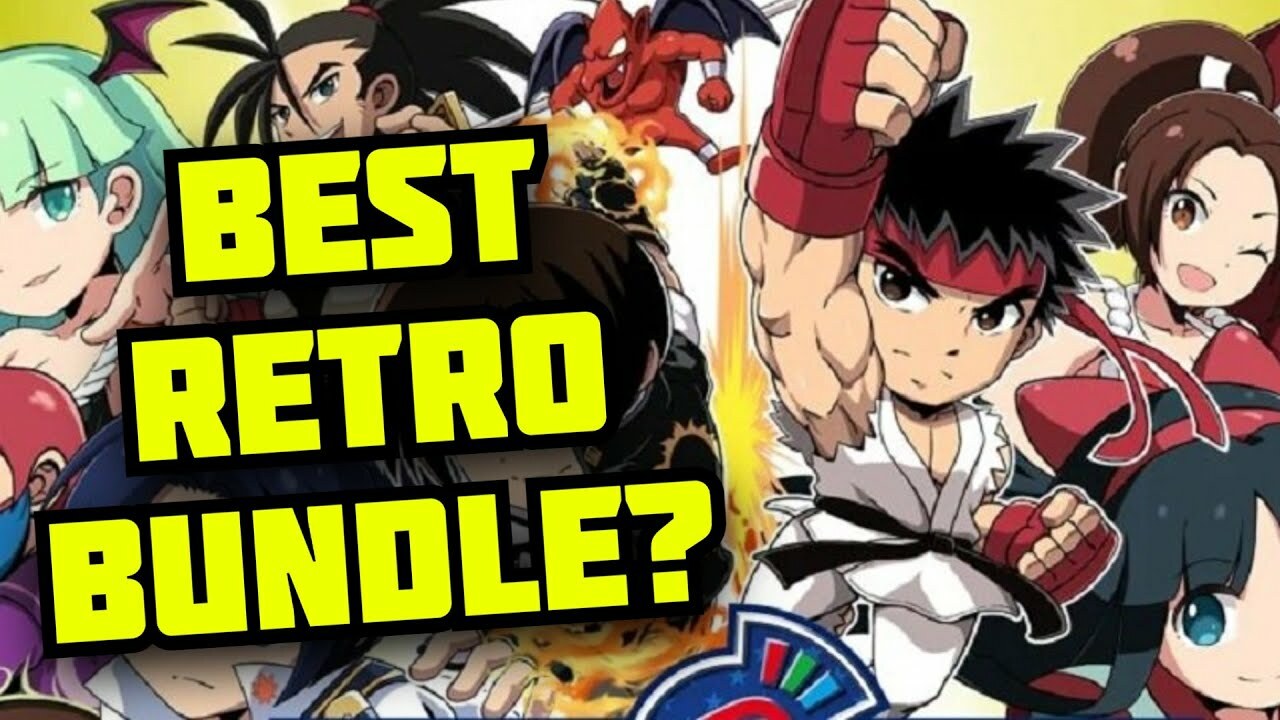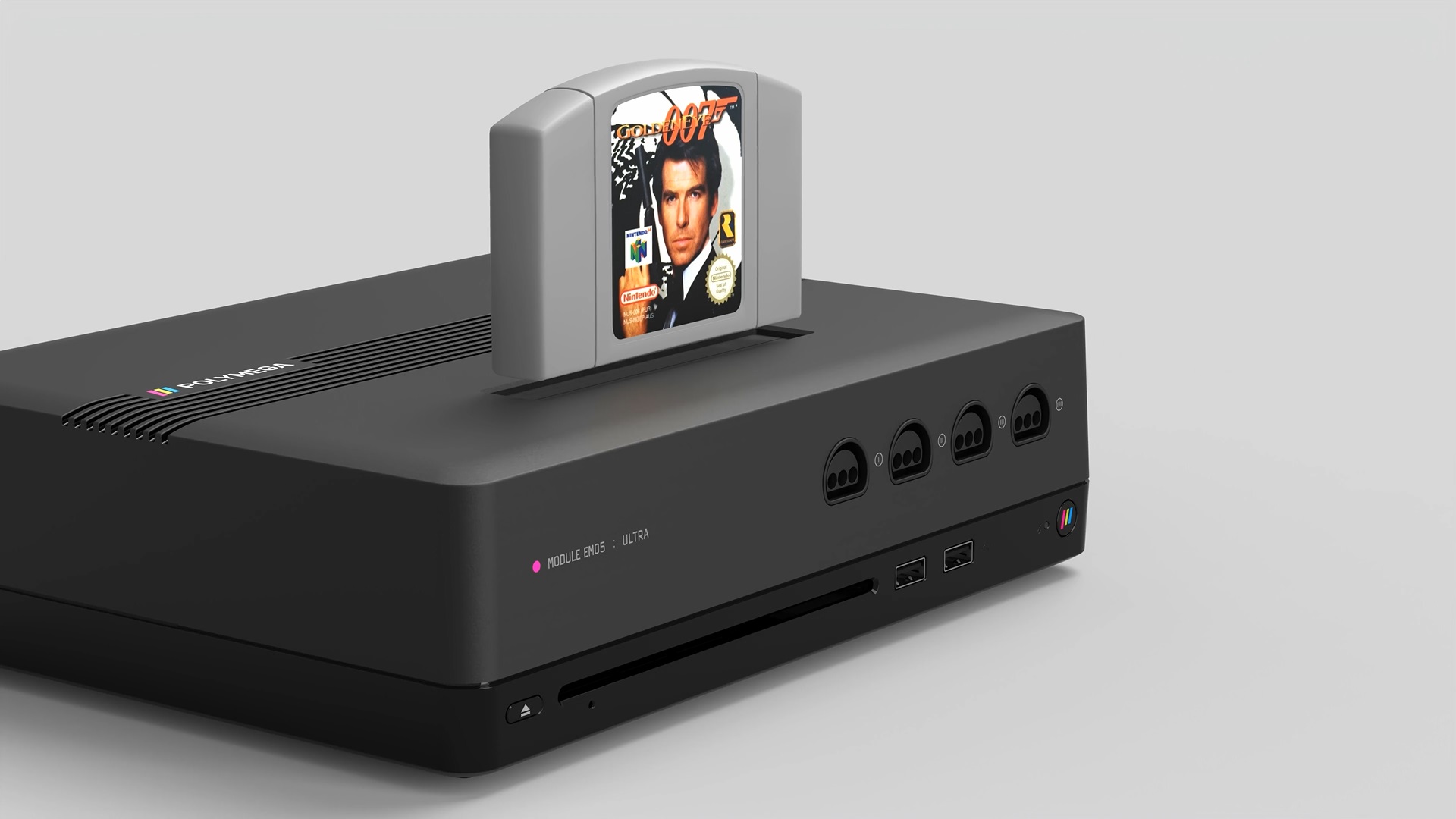Share
This past week, I came dangerously close to having my F-Zero fan card revoked. This crisis was only narrowly averted as a result of the time that I’ve spent with F-Zero: GP Legend recently, which I only just discovered was an anime tie-in game. Shameful, I know. For those of you like me who had been living in the dark, the oft-overlooked GBA title F-Zero: GP Legend isn’t just another handheld entry in the franchise, it’s also an extension of the anime F-Zero: Falcon Densetsu. As an F-Zero fan, this revelation came as a pleasant shock.
See, when I considered the scope of the F-Zero franchise, I always thought of the SNES original, F-Zero X on N64, and F-Zero GX on GameCube. I’ve played all three of those, but I never gave any time to the franchise’s two localized handheld iterations, and so I decided to fix that. To begin, I did a bit of research into both. The first of the pair, F-Zero: Maximum Velocity, was a GBA launch title. The second, F-Zero: GP Legend, released on GBA also, this one in Winter 2003 in Japan, and 2004 across other regions. Maximum Velocity has still eluded me, because as soon as I discovered that GP Legend had an accompanying anime, I had to experience that game’s world first.
I’m certainly glad that I did, because the GP Legend canon is one of the most interesting pockets of Nintendo history that I’ve stumbled upon in quite some time. Not only is the game largely great, but the first four episodes of the anime that I checked out were equally compelling too. While each facet of the GP Legend experience was engaging by its own merits, the convergence of the two is truly special. Further, that convergence is almost necessary in order to enjoy either half completely.

In fact, there’s an order of operations here, one that I didn’t follow myself. I’d strongly recommend watching at least these first four episodes of the show before checking out the game. Reason being, GP Legend, the GBA title, is genuinely an anime tie-in. Enjoying its campaign in particular requires a baseline understanding of the show’s characters. Otherwise, the oddly-told story vignettes will be little more than text boxes to mash through on the way to a race. I learned this the hard way, as I immediately jumped into the story mode before trying the anime and didn’t extract nearly as much from it.
falcon densetsu: an anime crash course
To hopefully cement the necessity of checking out the anime first, let’s discuss that properly before delving into the game. The show ran for a total of 51 episodes in Japan. Fifteen of those episodes were edited and dubbed for overseas audiences, but the show’s low ratings cut the English version short. Nonetheless, the Japanese version of Falcon Densetsu is readily available in its entirety on YouTube with a comprehensive fan sub.
This is how I experienced the opening episodes of the show, and I was personally impressed. That said, I have very little experience with anime, making it difficult for me to truly evaluate Falcon Densetsu‘s quality. Beyond a few series such as Death Note and Akira, I’ve simply never been much of an anime or manga fan, although I’d like to be. Falcon Densetsu doesn’t seem like a bad place to begin (I’d really love to watch the original Cowboy Bebop soon too), especially since this franchise is so interesting to me.
F-Zero is more than just an excellent arcade racing series, it’s a sci-fi universe to explore. This was my great takeaway from the anime episodes that I have seen so far. Falcon Densetsu does so much to contextualize F-Zero’s high-octane gameplay within a much larger world. The narrative follows Ryu Suzaku and the Mobile Task Force, led by the iconic F-Zero racer Jody Summer. This organization works to thwart criminals such as Zoda and Black Shadow. To do so, the Mobile Task Force cuts off their cash flow by swiping lucrative prizes out from under their noses in F-Zero races. This is such a clever way to situate the franchise’s gameplay, and you can learn more about the show’s premise here.

The series also does a great job of familiarizing the viewer with the wacky cast of F-Zero characters. I would always stick solely to Captain Falcon when I’d play X or GX, because all the other characters were simply foreign to me. That isn’t the case anymore, though. The anime weaves them together into this grand narrative that clarifies who they all are and what they do. If you’re curious about the larger world of F-Zero as I am, then Falcon Densetsu is worth a watch. Given the show’s accessibility on YouTube, there’s no reason not to, and I plan on chipping away at these 51 episodes over the coming month. Besides, not only is the anime a great way to gain familiarity with the universe, it’s just damn cool. The show leans into iconic visual motifs and tunes that make F-Zero timeless, so being reacquainted with those sights and sounds in this context is great fun. This fan service is equally fun – especially in the heat of a racing sequence.
gp legend: an overlooked gba gem
The hype racing sequences likewise motivated me to hop back into the GP Legend game after each episode. On the whole, I’d say that the handheld title feels as successful as the show, save for its campaign mode. While yes, I appreciated and understood it more in retrospect after spending a bit of time with the anime, it still left much to be desired. This facet of the experience adopts a peculiar eight-perspective narrative that often retells the same events from multiple angles. This isn’t a bad idea by any means, but it leads to some characters’ storylines literally reusing the exact cutscenes that you’ve already watched through the eyes of another. While the gameplay itself offers that alternate viewpoint in a more deliberate way, the cinematics don’t. This feels like a cost-saving choice, and it’s certainly disappointing.
At the same time, the actual campaign racing sections aren’t that good either, often because they’re so short. I’d sit through repeated cinematics only to race for legitimately forty seconds before being thrust back into a dialog sequence. This is odd – especially for a franchise like F-Zero that is certainly gameplay-led. I think this is why the campaign felt so underwhelming. By tying into the show, there was a distinct opportunity to expand the in-game storytelling in a way that the franchise never really did. Sure, GX had a story mode, but its odd unlock requirements pinned it squarely as a bit of bonus content opposed to a dedicated content pillar. Alas, GP Legend‘s story feels similarly unsuccessful. But, my annoyance here is doubled compared to GX because of the anime connection.

Narrative aside, F-Zero: GP Legend is a fantastic gameplay experience. This isn’t any great surprise, as the franchise always thrives mechanically. But, I found GP Legend to be uniquely compelling. The title is a synthesis of the SNES original’s Mode 7 design simplicity and F-Zero X’s mechanics, such as the risk-reward power meter which doubles as a boost gauge. I found this intersection to be so sharp. While I love X and GX, the latter in particular goes a bit overboard with track complexity. GP Legend reins that back in as a function of its limited hardware, following in the footsteps of the SNES’ tracks in part. At the same time, the implementation of contemporary F-Zero mechanics retains that modern racing feel.
As such, I found GP Legends to be a great harmony of modern and classic design elements. I really dug this design philosophy and quickly gained an aptitude for it. This might be the F-Zero game that I’m best at, actually. The clarity of the tracks and hidden depth of the modern systems speaks to me, offering speed without unnecessary frills. There is no fat on this bone systems-wise. There is fat elsewhere though, as this is a meaty package in terms of side modes and characters. GP Legend is quite the robust package, and an impressive one at that. This game deserves far more attention than it gets. If even a hardcore Nintendo fan like myself overlooked it, then I’d reckon that most others have as well. GP Legend should to be talked about the way that X and GX are, in my opinion.
the magic of multimedia franchises
On the whole, I found my week with F-Zero: GP Legend and Falcon Densetsu to be quite enjoyable. This is an unmissable chapter in the franchise’s legacy, but it’s also an incredibly strange chapter of Nintendo’s. One of the common refrains within the community in the age of shows like The Witcher is the desire for the Big N to follow suit. People want to explore Nintendo’s IP on television. Strangely, it was during the time of Falcon Densetsu, the early 2000s, when Nintendo was most willing to play in a multimedia space.

I watched many an episode of Kirby: Right Back At Ya! as a kid, and I recently read through the incredibly dark Metroid: Zero Mission tie-in manga. This turn of the century effort that has since petered off, making modern releases like the Pikmin Shorts or the Splatoon manga a rare treat. It’s a shame, because products like this indisputably enrich their source material. They add weight to their respective franchises through narrative and thematic exploration that the games don’t have space for. I’m significantly more invested in F-Zero’s universe now that I’ve begun the anime. I felt similarly after I caught up on the Metroid manga before Metroid Dread.
Nintendo’s game design philosophy often doesn’t leave room for direct storytelling, but their worlds are ripe for it. There’s no need to look to analogs beyond Nintendo’s stable to prove that point though – the proof lies in the likes of Falcon Densetsu. But, no one remembers this show. It’s so peculiar that franchises like F-Zero and Metroid got the most enriching multimedia pushes. Perhaps it was at this B-tier of IP that Nintendo felt more comfortable experimenting. Low ratings did in F-Zero’s anime though, so perhaps this expansion upon smaller IP was both the opportunity and the opportunity’s death knell. Who knows.
What I do know is this – it’s a crying shame that more Nintendo franchises haven’t gotten the F-Zero GP Legends/Falcon Densetsu treatment. With any luck (and I shudder to bring this film up in a positive light), the Super Mario movie might be at the forefront of a multimedia resurgence for Nintendo. I certainly hope so, as the potential synthesis between television, cinema, and games opens the door for so many storytelling possibilities.




